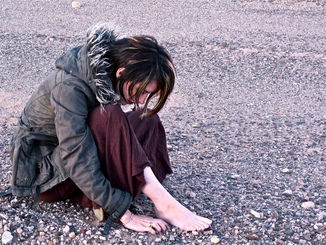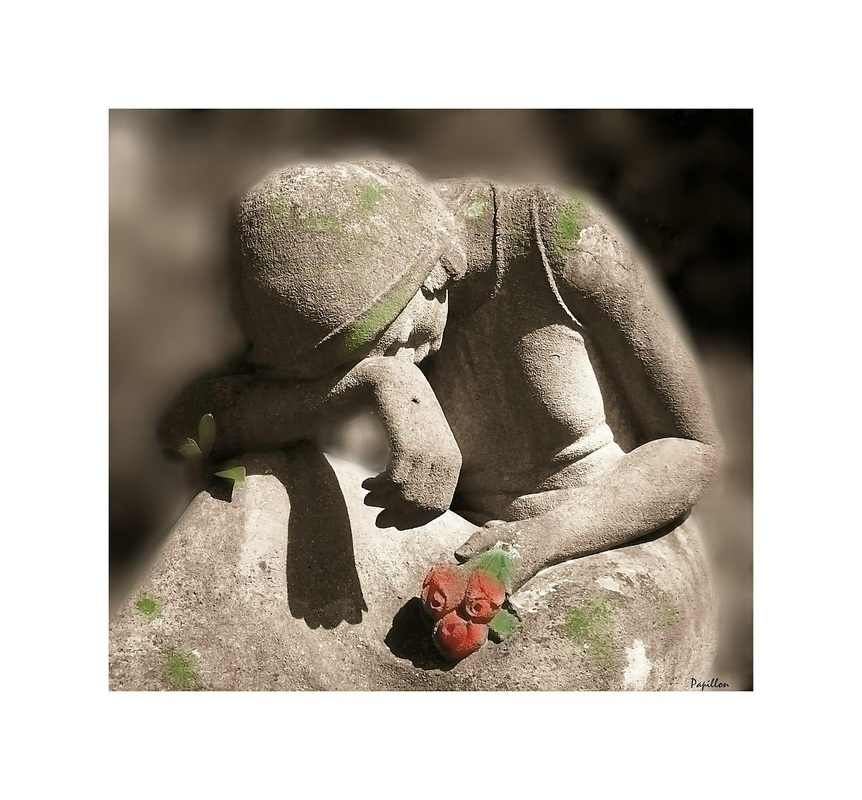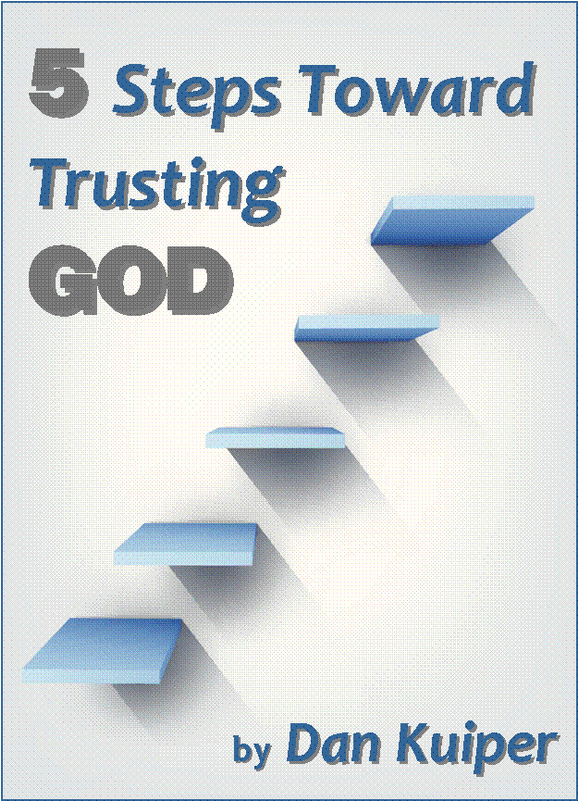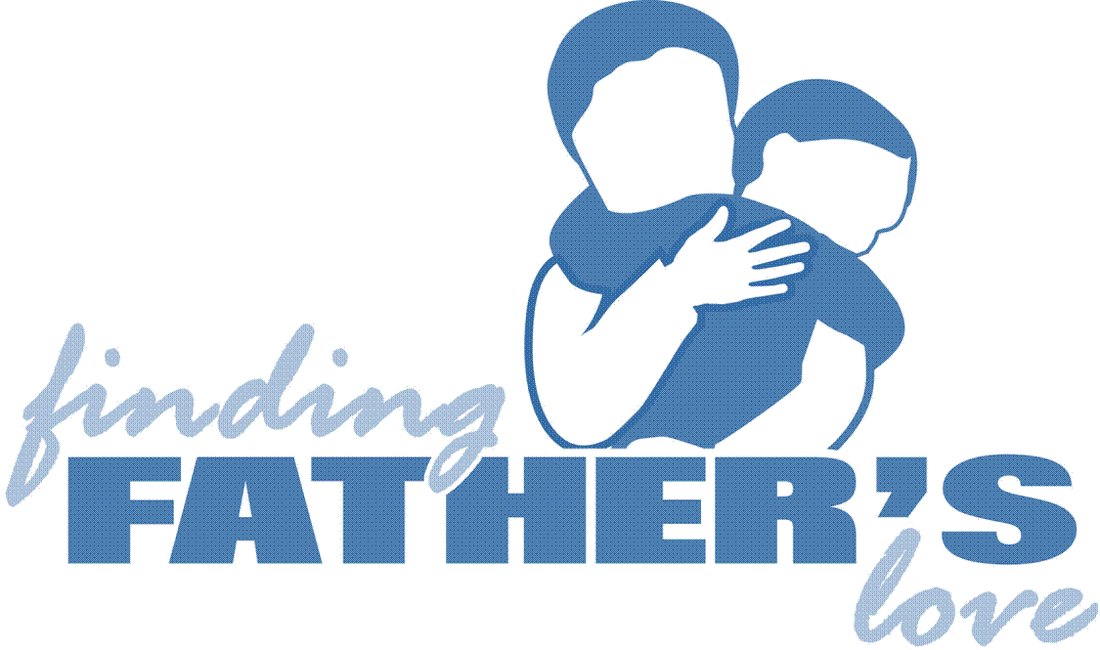A.: Forever. We never "get over" losing someone we loved. With God's help, we can begin to heal over time. But we are never the same. Nor should we be the same when we lose someone who mattered deeply. To move forward in the process we must give ourselves some grace. We must let the tears flow. And we must understand that our Heavenly Father grieves with us. Death was never a part of His plan.
|
Q.: How long does the grieving process last?
A.: Forever. We never "get over" losing someone we loved. With God's help, we can begin to heal over time. But we are never the same. Nor should we be the same when we lose someone who mattered deeply. To move forward in the process we must give ourselves some grace. We must let the tears flow. And we must understand that our Heavenly Father grieves with us. Death was never a part of His plan.
1 Comment
 (Excerpt from my book, When Father is a Bad Word ) Without minimizing the pain a child experiences as the result of a father’s death, kids whose fathers walk out on their families often suffer greater emotional distress than kids whose fathers die. Children whose fathers desert the family must live every day with the knowledge that their dads have chosen to leave them. It is not an overstatement to say that this thought has the potential to infiltrate every relationship the child will ever have. It is especially poisonous—and sometimes fatal—to their relationship with their Heavenly Father. Another factor that rachets up the emotional distress level in the lives of children whose fathers have bailed on their families is that it is significantly more difficult for those left behind to achieve closure. There is a finality in death that cannot be realized in the case of desertion. I witnessed this in living color in the life of my friend, Don. Don was wounded enough when his father, without warning and after 30 years of marriage to his mother, up and left the family. But Don’s dad didn’t leave completely. He stayed within firing range. Months after the divorce he continued to circle around the family taking pot shots at his ex-wife and kids. The bullets of blame found their mark. Don tried to fend off the barrage, but his father just kept firing. Don’s dad would call him at all hours of the day or drop in on him at work to complain about how hard his life was, how Don’s mother was nothing but a witch with a capital “B”, and how Don never appreciated all that he did for him and the family. His father would then lay low for awhile giving Don the false hope that the battle was over. But just when Don’s wounds began to scab over his father would come out of the brush and rip them off with a new assault of accusations. For a long time Don just kept his mouth shut and suppressed the hurt, trying to convince himself that even a shaming relationship with his father was better than none at all. But one day he had simply had enough. After being interrupted at work for the umpteenth time by a phone call from his father with allegations so familiar he knew them better than the Pledge of Allegiance, Don was pushed beyond his breaking point. In exasperation he countered with a response that resonates well with anyone who has been engaged in a similar manner with an estranged father. When his father paused briefly to reload Don blurted, “You know something, Dad? Sometimes I wish you were dead. Then I could be done with you.” Don’s response to his father provided me with clarity concerning a comment I heard from a woman in a support group I once facilitated. She said, “Divorce is like a death with no body.” There is a closure that comes from death that cannot be attained in the case of divorce or desertion. Grieving the loss of a father who died is different than grieving the loss of a father who left by choice, especially when he continually pops up, doing and saying stupid and hurtful things. Whether a father is taken away or walks away, a dad’s abandonment needs to be grieved.  It's happened to all of us. We've been hurt by loss in our lives and dared to be vulnerable with someone about what we were feeling. But rather than responding with compassion and entering our pain--which is what true empathy does--the person offers us a quick fix: pat words of advice that serve only to minimize our stirred emotions and, in many cases, add guilt to the mix. Each of us, at one time or another, has been stung by the careless words of others when we were already feeling emotionally overwhelmed due to loss in our lives. Just so we're clear about what is and isn't helpful to say to someone who is going through a difficult time, here is a top ten list of Things You Don't Want to Hear When You're Hurting: 10. Just put it behind you. 9. Pick yourself up by the bootstraps. 8. There are a lot of people who are worse off than you. 7. Time heals all wounds. 6. Worrying about it isn't going to change anything. 5. Stay busy so you don't think about it. 4. Where is your faith? 3. You can't live in the past. 2. What you’ve got to do is pray more. 1. You shouldn’t feel that way. Throughout my years of ministry, I have heard from countless people whose painful situation was made even worse by the comments of others from their church.
All are comments that served only to cause greater hurt. It can also be hurtful to tell someone, "I know how you feel" when you don't. Unless you've experienced a miscarriage you can't know what that feels like. If you haven't personally lived with clinical depression you cannot begin to relate to the hopelessness of that situation. Just because your grandfather died doesn't mean you know what it's like to grieve the loss of a spouse. The first thing we must understand when we reach out to those who are grieving--whether they're grieving the loss of a loved one, a marriage, a job, their health, their childhood--is that grief cannot be fixed, it needs to be expressed. When encountering someone who is hurting, it is helpful to ask questions that are open-ended, which allow him or her to express their pain. Questions such as:
Such questions invite them to share their pain with you. It is also helpful to say things like:
Recently, a friend told me how meaningful he found the words I spoke to him years before at his father's wake. I couldn't recall my profound words of comfort, but, pridefully, I thought they must have been incredibly spiritual to make such an impression. He said, "You hugged me, pulled my head next to your mouth and whispered, 'This really sucks.'" Granted, you won't find those words overlaid on a picture of an open Bible on the cover of a sympathy card, but they met a need with my friend. He explained, "I was so sick of people quoting Scripture and telling me they'd pray for me. I needed someone to feel what I felt." While we often struggle to find the words to say to someone who has experienced significant loss, many hurting people will tell you that, often, it is best not to say anything at all. Hold their hands. Hug them. Cry with them. But, most of all, listen to them, We help others through the grieving process only when we allow them to express their pain. |
Free eBook!Join My Mailing List For Email Marketing you can trust. Sign up above to receive my blog posts via email and get a free copy of my ebook, 5 Steps Toward Trusting God.
Privacy Guarantee: Your email will not be shared with anyone else.
Archives
March 2019
Categories
All
Helpful Sites |




 RSS Feed
RSS Feed